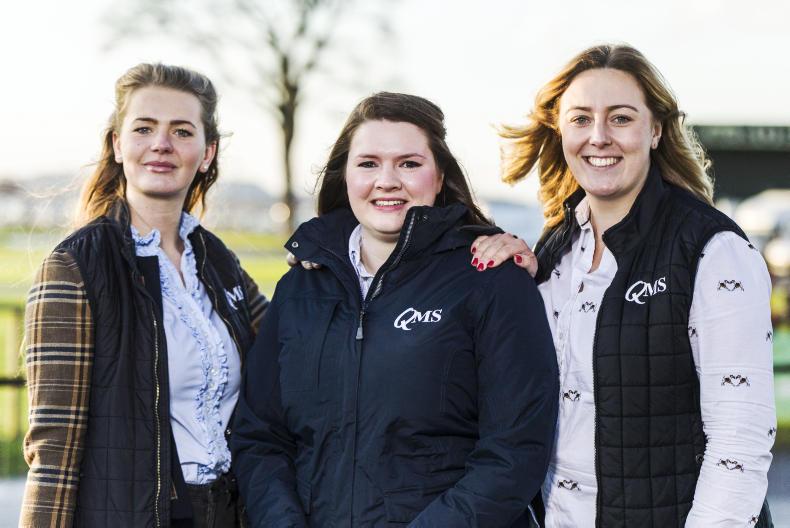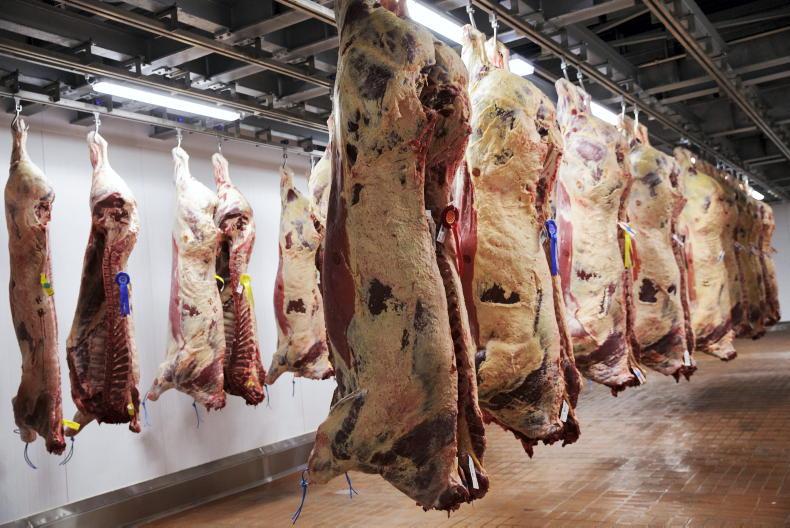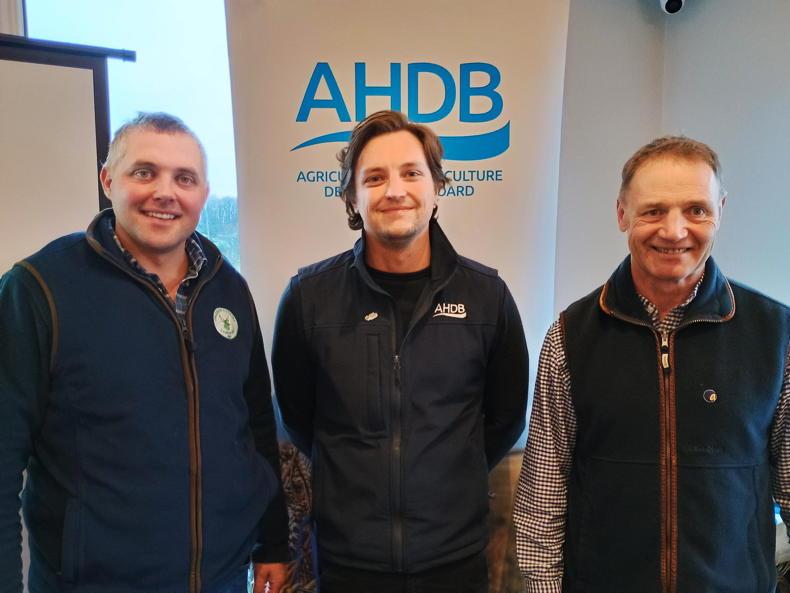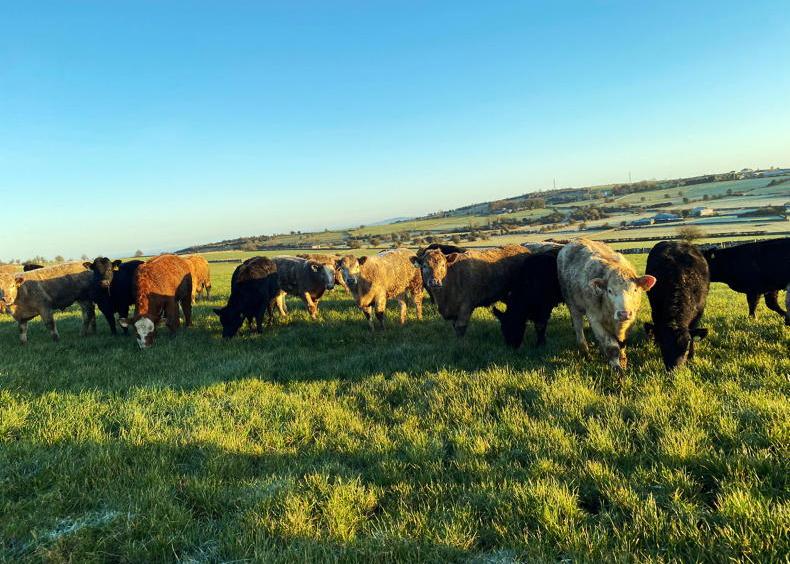The Agriculture and Horticulture Development Board (AHDB), Hybu Cig Cymru – Meat Promotion Wales (HCC) and Quality Meat Scotland (QMS) have appointed ADAS to deliver the £29,000 project, which will report early next year.
The work is in line with the Scottish Climate Change Plan proposals and the UK Committee on Climate Change’s progress report, which make significant demands on the farming sector to reduce its climate change impact.
While the project anticipates increased pressure on the livestock sector to demonstrate its sustainability credentials in future – especially in light of the focus on public goods in the agriculture bill – it also seeks to highlight the positives of the UK’s predominately grass-fed system.
Understanding farming’s environmental work
A number of countries have mechanisms for reporting the progress of their agricultural supply chain in terms of environmental impacts, including Australia and Ireland. The project will include analysis of existing sustainability frameworks globally and assessment of their relevance to British livestock production.
It will identify the key components of these frameworks – such as greenhouse gas emissions, water usage and animal welfare – and the metrics associated with them to measure the current sustainability of beef and lamb production, track progress and compare with global competitors.
The project’s outcomes will include recommendations on how a sustainability framework might better operate in Britain, as a first step towards putting beef and lamb supply chains in a position to actively promote their environmental credentials. Sarah Baker, AHDB strategic insight manager said: “To date, discussion has focused on the potential negative impacts of livestock on the wider environment but we want to highlight the positives of livestock production to the environment and landscape, alongside social and economic benefits.
“This project is a critical first step towards the eventual development of a sustainability framework, so we can accurately measure the current and future impacts of livestock production in Great Britain.”
John Richards, HCC industry development and relations manager said: “Our largely grass-fed and low-intensity livestock systems have a positive story to tell in terms of their environmental credentials. Understandably, the modern consumer demands food which impacts as little as possible on emissions and climate change, so this project will enable us to measure this accurately and have a well-evidenced case.”
Stuart Ashworth, director of economic services at QMS said: “Sustainability credentials are increasingly being used to position product in a competitive market place. This project seeks to build a framework that will enable us to present the many positive contributions those involved in producing Scotch Beef and Scotch Lamb make to sustainable ethical food production systems, while at the same time seeking to benchmark with global competitors.”
The work was financed from the £2m fund of AHDB red meat levies ring-fenced for collaborative projects which is managed by Britain’s three meat levy bodies – AHDB, HCC and QMS. The fund is an interim arrangement while a long-term solution is sought on the issue of levies being collected at point of slaughter in England for animals, which have been reared in Scotland or Wales.
QMS strengthens team with new appointments
QMS has strengthened its team with the appointment of three new members of staff.
Joining the industry development team in the role of project manager is Sarah Millar. Sarah previously worked at Soil Association Scotland where she managed a knowledge transfer project looking at win-wins for both farm profitability and the environment.
Originally from a hill farm in Lanarkshire, Sarah now lives in Angus on the family mixed arable and livestock farm. She is heavily involved in both the agriculture and food and drink industry, most notably as a past SAYFC agri chair and as a member of the National Council of Rural Advisors.
Sarah’s role will help to deliver a range of projects aimed at improving the productivity, profitability and sustainability of livestock farmers in Scotland.
Emily Symonds, who grew up on a beef farm in North Yorkshire, has joined the market development team as project officer. Emily studied animal science at Aberystwyth University and has previously worked in a technical and quality control role at a meat processor.
Her role with QMS will involve working with key stakeholders across the supply chain, particularly focusing on processing and developing key export markets.
Finally, Katie Cumming who grew up on a mixed farm in Aberdeenshire has joined the brands integrity team as project officer.
Katie studied geography at the University of Aberdeen and has most recently been working in marketing and events for Harbro.
She brings a range of experience of the agricultural supply chain and will focus on further developing and strengthening the assurance schemes which underpin the Scotch Beef PGI, Scotch Lamb PGI and Specially Selected Pork brands.
QMS chief executive Alan Clarke said: “I’m delighted to welcome Sarah, Emily and Katie who bring a wealth of knowledge and experience to QMS and are strong additions to the team.
“These appointments will undoubtedly provide a boost to our existing and future activities as we look to continue to deliver strongly for the Scottish red meat industry.”











SHARING OPTIONS